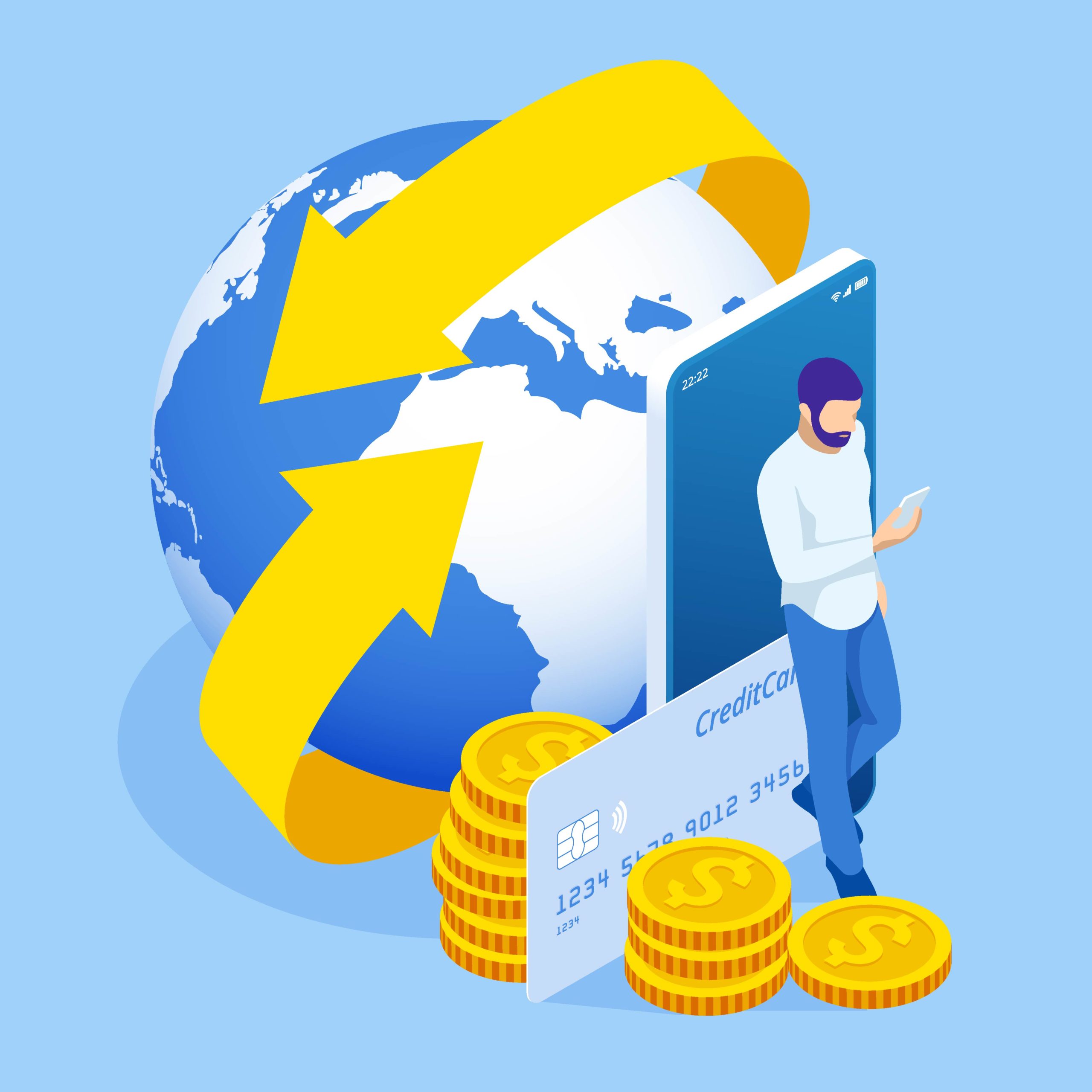The coronavirus pandemic may have completely upended life as we know it, but in many senses, it is an accelerant to trends that were already gathering pace.
Take payments, for example. While COVID-19 may be the death knell for certain forms of financial exchange, the data suggests that much of the new reality of payments was already underway, with one report from June 2019 suggesting that 10% of UK adults were choosing to live in a predominantly “cashless” way. From moving away from cash to points of sale and self-checkout on mobile, much of what we’re seeing would have happened anyway. What the pandemic has helped to do is force those that might otherwise have been laggards in the future of payments to join more innovative businesses and get their house in order.
But what does that future of payments look like? Here are five predictions on what the post-COVID-19 world will look like:
1. All payments will be from mobile – we’ve already seen contactless limits increase, but if the same feature exists on a mobile, why continue to have plastic cards? During the pandemic, this is being driven by a need to limit contact. But as consumers realise how easy mobile payments are to adopt and the broader barriers around digital banking are broken down, the likes of plastic cards will become a collector’s item and coins will, ultimately, disappear.
2. The rise of the mobile self-checkout – with retailers and hospitality providers seeking ways out of lockdown and removing the need to queue, safety is critical. But how do they do that while ensuring payment are processed quickly and securely? They can do so by moving the point of sale from a fixed, physical location, to a mobile device. What’s more, while previously this was the preserve of large retailers, the demand across all parts of society and the rise of software-based Point of Sale (PoS) tech will enable smaller operators to integrate it into their systems too.
3. Payments and loyalty will merge – as the personal mobile device becomes increasingly linked with the shopping experience, merchants can build deeper, more meaningful relationships with their customers. The end of the physical PoS may mean no more chocolate bars or accessories at tills, but the loss of that revenue can be more than compensated through loyalty schemes integrated with mobile PoS and self-checkout options. Consumer will benefit from the increased convenience and a much more relevant relationship with the retailer with personalised offers, vouchers and discounts.
4. The bank account as a commodity – current accounts have long been an entry point for banks, viewed as a way to build loyalty to sell products. With the likes of Google launching their accounts services, we’re now entering the era of the bank account as a commodity. For these new entrants, offering accounts or ways to store and pay money is less about payments, and much more about ensuring that their platforms offer additional benefits to customers in terms of convenience, product range or personalised approach.
5. A post-COVID-19 cashless society – the use of cash was already dropping before the pandemic, with one study predicting the UK could see less than one in 10 payments involve physical money by the end of the 2020s. With concerns that physical cash could be a way of transmitting the virus, the use of coins and notes has dropped significantly, and it is unlikely to switch back once the pandemic has passed as consumers opt for contactless alternatives.
How we make and accept payments is changing for good. The coronavirus pandemic is speeding up an evolution that was already on our horizon – one that will see contactless and self-service payments become the norm. For those businesses that struggle to adapt only hardship will follow. But for those that are willing and ready, this new payment era offers new opportunities to connect with customers and drive more beneficial, valuable experiences for all.
